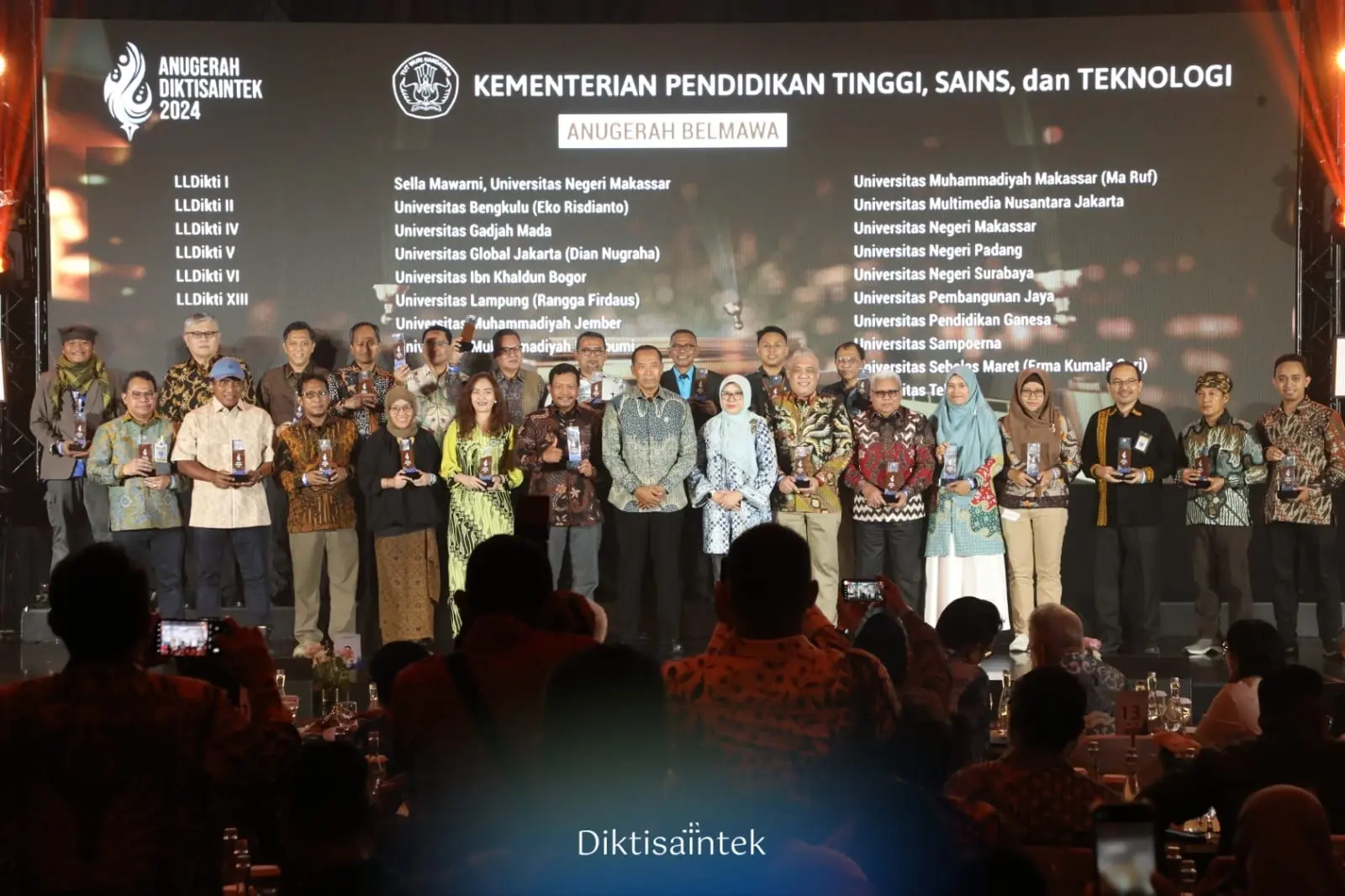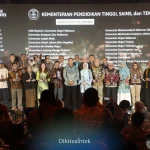09 Apr 2019
Sampoerna University Celebrates Its 6th Anniversary
News & Event,
[vc_row type=”in_container” full_screen_row_position=”middle” scene_position=”center” text_color=”dark” text_align=”left” overlay_strength=”0.3″ shape_divider_position=”bottom”][vc_column column_padding=”no-extra-padding” column_padding_position=”all” background_color_opacity=”1″ background_hover_color_opacity=”1″ column_shadow=”none” column_border_radius=”none” width=”1/1″ tablet_text_alignment=”default” phone_text_alignment=”default” column_border_width=”none” column_border_style=”solid”][vc_gallery type=”image_grid” images=”2630,2631,2634,2633″ layout=”4″ gallery_style=”1″ load_in_animation=”none” img_size=”600×400″][vc_column_text]Six years ago, Sampoerna University was officially founded and started to operate in Jakarta, Indonesia. The university is now a full-fledged educational institution as a part of Sampoerna Schools System.
“Although we’re a young and small institution, Sampoerna University academic community has shown the best quality in Indonesia,” said Dr. Marshall E. Schott, the President of Sampoerna University, in his opening remarks on Monday (4/1/2019).
To commemorate the anniversary, Sampoerna University invited an economist, a scholar of the University of Central Florida (UCF) and a former member of the U.S. Congress, Dr. James Bacchus. Sharing his views on the significance of international co-operation these days, the self-proclaimed globalist believes that problems that humanity confronts can only be solved by collaboration among nations.
“The heart of my message is that the economy and environment are not separated and apart. They are one and the same. This means we can’t succeed economically unless we do it a way that works environmentally. It also means that we can’t do all we hope to protect and preserve our environment unless we tend to our economic needs,” Dr. Bacchus elaborated further in an interview on Tuesday (4/2/2019).
There are seventeen (17) sustainable development goals that all of the members of United Nations have agreed, among which is education. Education is one of the keys to achieving sustainable developments, he added. And this is where universities like Sampoerna University can contribute to shaping and sharing the sustainable global prosperity.
His speech at the Dies Natalis commemoration public lecture is based on his recently published book entitled “The Willing World: Shaping and Sharing a Sustainable Global Prosperity” (Cambridge University Press, 2018) which is listed as one of the Best Economics Books of 2018 according to Financial Times.
Asked what was one of his most pivotal moments in his college years, Dr. Bacchus said it was when he got the scholarship. “Like some of Sampoerna University students, I was the first in my family to get a college degree,” he recalled. Later he received a fellowship to attend graduate school and study history at Yale University. He went to Law School at Florida State University while serving as a young aide to the Governor of Florida.
As a young man, Bacchus had discovered several ways to serve others. He was hired as a journalist at the age of 14 in a little newspaper in Florida and while working his way up in the journalism career ladder, he met with Rubin Askew. “I became Mr. Askew’s youngest aid,” Dr. Bacchus recounted. From then on, he entered politics. Now, he is dedicating his life to a number of current global issues such as trade and investment, climate change, sustainable development and many more.
When asked about his impression of our university, Dr. Bacchus said,”I’m extraordinarily impressed by Sampoerna University.”
His presence also marked that Sampoerna University and University of Central Florida are entering close working relationship. “What is happening at Sampoerna University in the education of young people is exactly what we need to do everywhere in the world,” he ended. (*/)[/vc_column_text][/vc_column][/vc_row]





